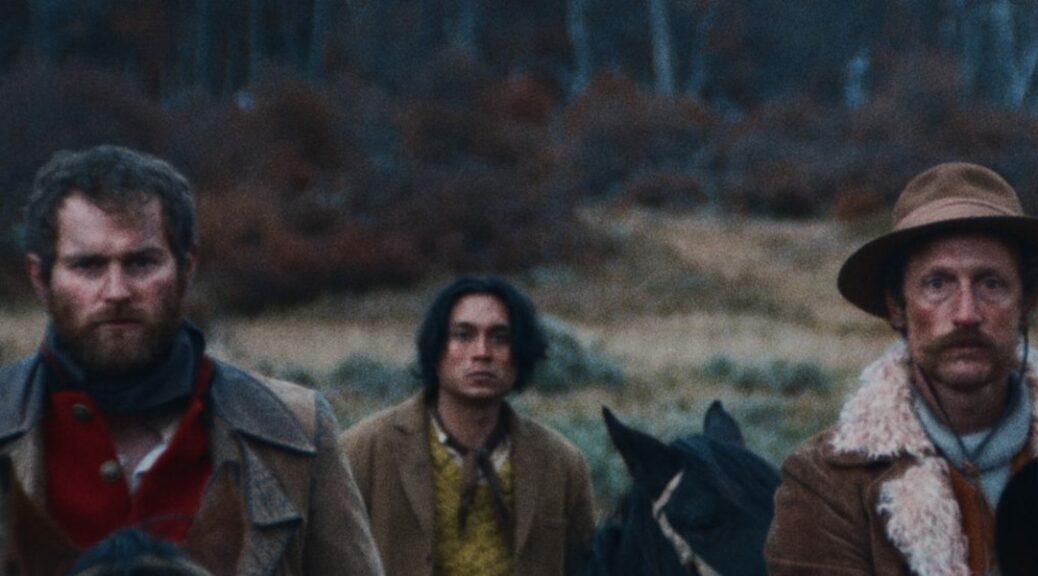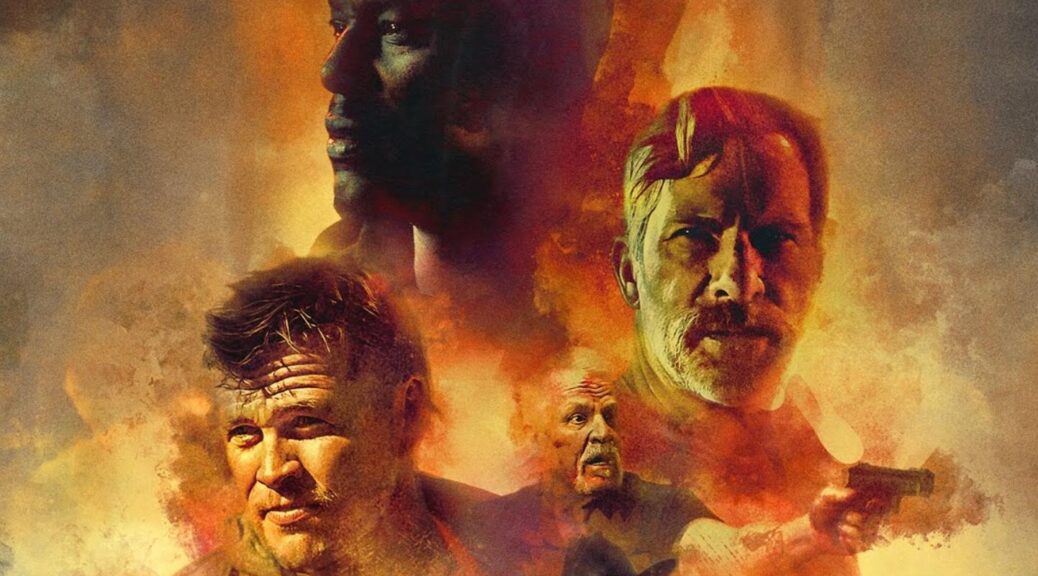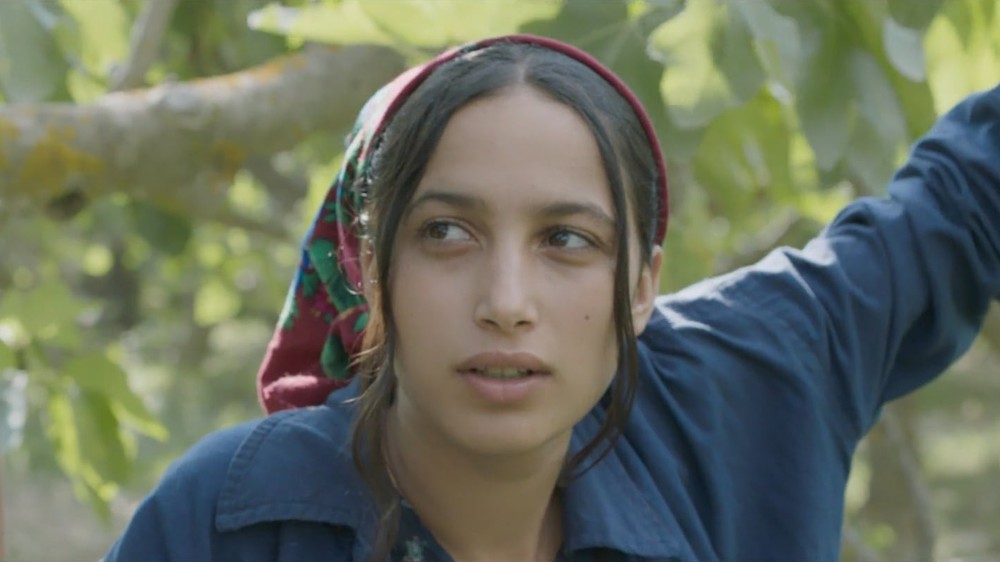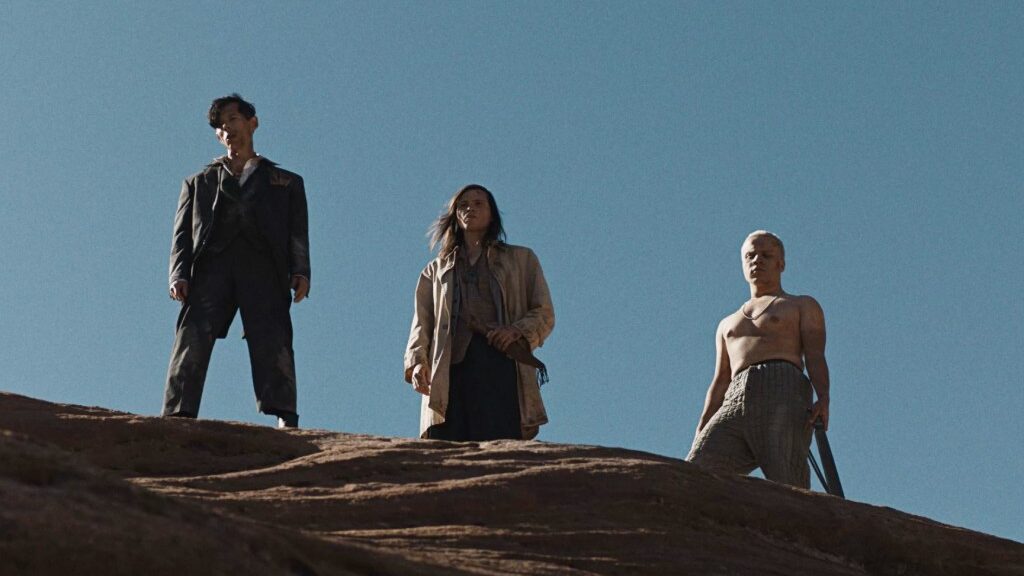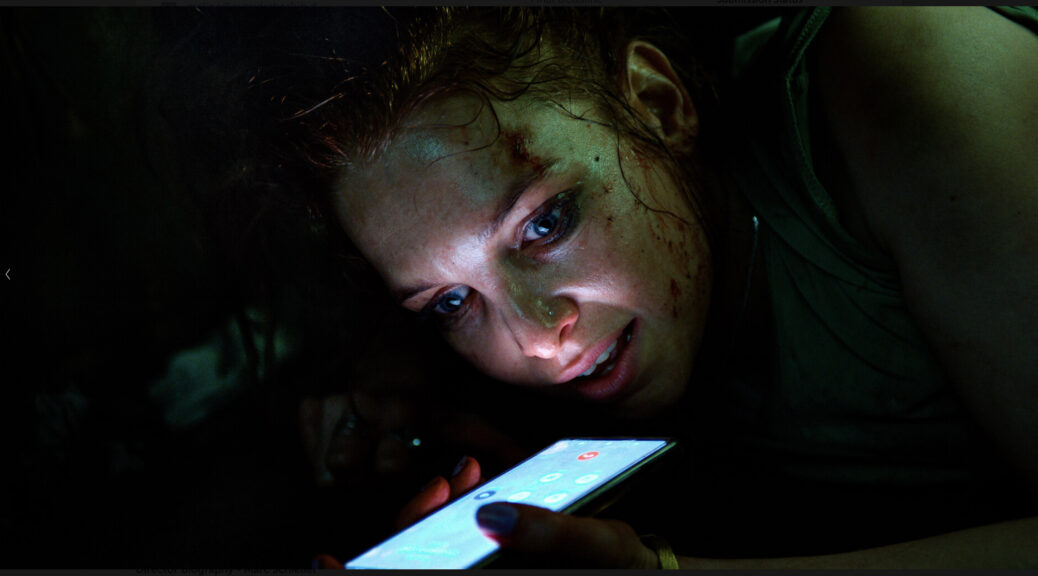The Zone of Interest
by Hope Madden
Jonathan Glazer takes his time between features. It’s been a full decade since his magnificent sci-fi thriller Under the Skin, which itself came 9 years after another somber piece of science fiction, 2004’s Birth. That makes the four-year span since his feature debut, the darkly ingenious Sexy Beast, seem insignificant.
But there’s nothing insignificant about Glazer or his remarkable spate of compelling, surprising, thought-provoking films, capped off with his latest, The Zone of Interest.
Told primarily in long shots that dwarf the characters within the larger physical context, Glazer unveils casual evil.
It’s taken a few years, but Hedwig Höss (an astonishing Sandra Hüller) has built a little paradise in the home she and husband Rudolph (Christian Friedel) acquired when he was made commandant of Auschwitz.
Between the house and camp is a large wall. On this side of the wall, lovely, meticulously cared for gardens, a pool, a green house, a dog frolicking here and there, and five healthy blond children. Just beyond the wall but visible in nearly every exterior shot in Glazer’s chilling film, the camp’s incinerator buildings.
Though the Höss family thrives, equally oblivious and complacent concerning the boundless inhumanity that surrounds them, Glazer refuses to let the viewer miss its presence. That disconnect is the icy heart of The Zone of Interest.
By setting the story within a minor family drama – Rudolph is being transferred because of the skill with which he manages Auschwitz and Hedwig is loath to leave the home she’s so painstakingly built – Glazer says more about the insurmountable horror of the Holocaust than most. He dramatizes nothing. Seeing how easily, how thoughtlessly and even eagerly human beings can benefit from incomprehensible inhumanity provides new, highly relevant perspective.
Hüller stuns in a performance that’s never showy yet so deeply vile it’s hard to shake. She’s not alone. Glazer’s full ensemble excels.
He adorns his tale with experimental flourishes that may be intended to cause discord, to provide the audience a moment to pause and reflect on the comfort with which human beings can carry out evil. These moments – except a late film glimpse into modern day Auschwitz – rarely achieve the same impact as the narrative.
It’s a minor misstep in a film so assured and authentic.



